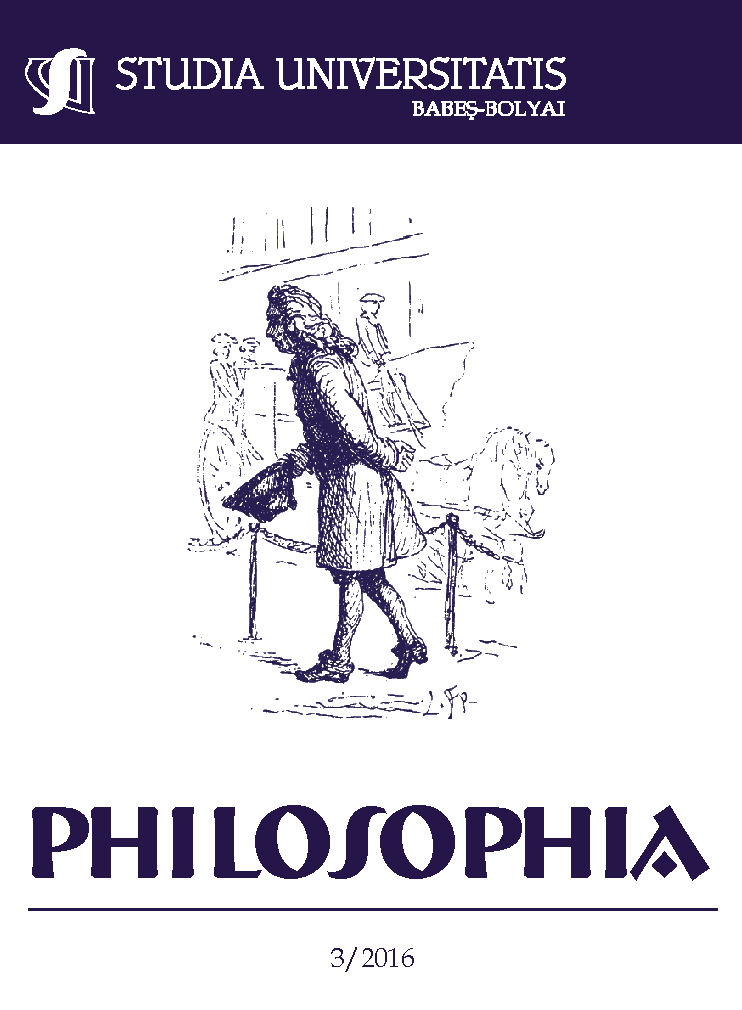DOCTRINAL RESEARCH AS A MEANS TO RECOVER NORMATIVE THINKING IN ACCOUNTING
Keywords:
Accounting research, doctrinal research, normative researchAbstract
Doctrinal Research as a Means to Recover Normative Thinking in Accounting. The article debates whether legal doctrinal research could be applied in contemporary accounting research to bring back the prescriptive nature of normative research and whether, by applying doctrinal research, a new focus could be created in accounting research. The article found that the main difference between doctrinal research and traditional scientific and social research is that the focus of doctrinal research is not on the development of theories, but on the underlying doctrines, concepts, rules and principles on which practice and the practical system are based. A shift in accounting research from traditional research that creates theory to research that focuses on the underlying doctrines of the accounting discipline would create an insider perspective in accounting research, which could bring accounting research closer to accounting practice. Doctrinal research could bring normative and prescriptive aspects back to accounting research, but such normative aspects will not necessarily be similar to traditional normative research.
References
Baker, C.R. and Bettner, M.S.1997.Interpretative and critical research in accounting: A commentary on its absence from mainstream accounting research. Critical Perspectives in Accounting 8:293-310.
Biglan, A. 1973. The characteristics of subject matter in different academic areas. Journal of Applied Psychology 57(3):195-203.
Boland, L.A. and Gordon, I.M. 1992. Criticizing positive accounting theory. Contemporary Accounting Research 9(1):142-170.
Bullen, H.G. and Crook, F. 2005. Revisiting the concepts: A new conceptual framework project. http:www.fasb.org/project/communications-paper.pdf.
Burns, K. and Hutchinson, T. 2009. The impact of “empirical facts” on legal scholarship and legal research training. The Law Teacher 43(2):153-178.
Coetsee, D. 2011. A comment on research frameworks applied in accounting research. South African Journal of Accounting Research 25 (1): 1-13.
Coetsee, D. 2010. The role of accounting theory in the development of accounting principles. Meditari Accountancy Research 18(1):1-16.
Chua, W.F. 1986. Radical developments in accounting thought. The Accounting Review 16(4):601-632.
Chynoweth, P. (2008). Legal research. In Advance research methods in the built environment. Eds. A. Knight and L. Ruddock, Chapter 3: 28-38.West Sussex: Blackwell Publishing Ltd).
Dean, G.W. and Clarke, F.L. 2003. An evolving conceptual framework? ABACUS. 39 (3): 279-297.
Deegan, C. andUnerman, J. 2011. Financial accounting theory. Maidenhead, Berkshire: McGraw-Hill.
De Jong, S. P. L., Van Arensbergen, P., Daemen, F., Van der Meulen, B. and Vanden Besselaar, P. 2011. Evaluation of research in context: An approach and two cases. Research Evaluation 20(1):61-72.
Gaffikin, M.J.R. 2008. Accounting theory: Research, regulation and accounting practice. Frenchs Forest NSW: Pearson Education Australia.
Hendriksen, E.S. (1982). Accounting theory. Homewood, Illinois: Richard D. Irwin.
Hutchinson, T.C. (2008). Developing legal research skills: Expanding the paradigm. Melbourne University Law Review 32:1065-1095.
Hutchinson, T.C. and Duncan, N. 2012. Defining and describing what we do: Doctrinal legal research. Deakin Law Review 17(1):83-119.
Inanga, E.L. and Schneider, W.B. 2005. The failure of accounting research to improve practice: A problem of theory and lack of communication. Critical Perspectives on Accounting 16:227-248.
Jeanjean, T. and Ramirez, C. 2009. Back to the origins of positive theories: A contribution to an analysis of paradigm changes in accounting research. Accounting in Europe. 6(1):107-126.
Kazmierski, V. 2014. How much “law” in legal studies? Approaches to teaching legal research and doctrinal analysis in a legal study program. Canadian Journal of law and Society. July 2014:1-14
Loftus, J.A. 2003. The CF and accounting standards: The persistence of discrepancies. ABACUS 39 (3): 298-308.
McKerchar, M. 2008. Philosophical paradigms, inquiry strategies and knowledge claims: applying the principles of research design and conduct to taxation. eJournal of Tax Research 6(1):5-22.
Parker, L.D. 2012. Beyond the ticket and the brand: imagining an accounting research future. Accounting and Finance 52:1153-1182
Reiter, S.A. and Williams, P.F. 2002. The structure and progressivity of accounting research: The crises in the academy revisited. Accounting, Organizations and Society 27: 575-607.
Riahi-Belkaoui, A. 2004. Accounting theory. London: Thomson Learning.
Roslender, R. 2006. Critical theory. In Methodology issues in accounting research: Theories and method. Ed. Z. Hoque, 247-269. London: Spiramus.
Siems, M.M.andSíthigh, D.M. 2012. Mapping legal research. The Cambridge Law Journal 71(3):651-676.
Singhal, A.K. and Malik, I. 2012. Doctrinal and socio-legal methods of research: Merits and demerits. Educational Research Journal 2(7):252-256.
Singleton-Green, B. (2009). The communication gap: Why doesn’t accounting research make a greater contribution to debates on accounting policy? Accounting in Europe 7(2):129-145.
Van Gestel, R.and Micklitz, H-W. 2014. Why methods matter in European legal scholarship? European Law Journal 20(3):292-316.
Vick, D.W. 2004. Interdisciplinarity and the discipline of law. Journal of Law and Society 31(2):163-193.
Virgo, G. 2011. Why Study Law? The relevance of legal information to the law student, researcher and practitioner. Legal Information Management 11(4):221-226.
Von Bogdandy, A. 2012. National legal scholarship in the European legal area: A manifesto. I-CON. 10(3):614-626.
Westerman, P.C. 2011. Open or autonomous? The debate of legal methodology as a reflection on the debate of law. In Methodologies of legal research: What kind of method for what kind of Discipline? Ed. M. Van Hoeke, 87-110. Oxford and Portland, Oregon: Hart Publishing.
Downloads
Published
How to Cite
Issue
Section
License
Copyright (c) 2016 Studia Universitatis Babeș-Bolyai Philosophia

This work is licensed under a Creative Commons Attribution-NonCommercial-NoDerivatives 4.0 International License.





